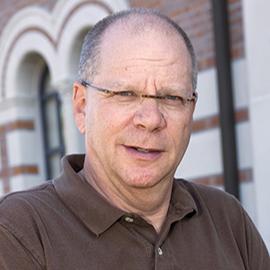Mentored presenters may have participated in these courses
POLI 406
HONS 471
Student Project Titles List
¡Vota!: Testing the Impact of Spanish-Language Ballots on Election Results and Preferences
Less Money, More Problems: Evaluating Bail Reform in Harris County
Early Voting and the Contingency Model of Voter Turnout in the 2018 Texas State Senate District 6 Special Election
The Great Awakening: How and Why the Q-Anon Conspiracy Theory Motivates Voters
Unlocking the Vote: Exploring the Impact of In-Jail Voting on Political Participation

